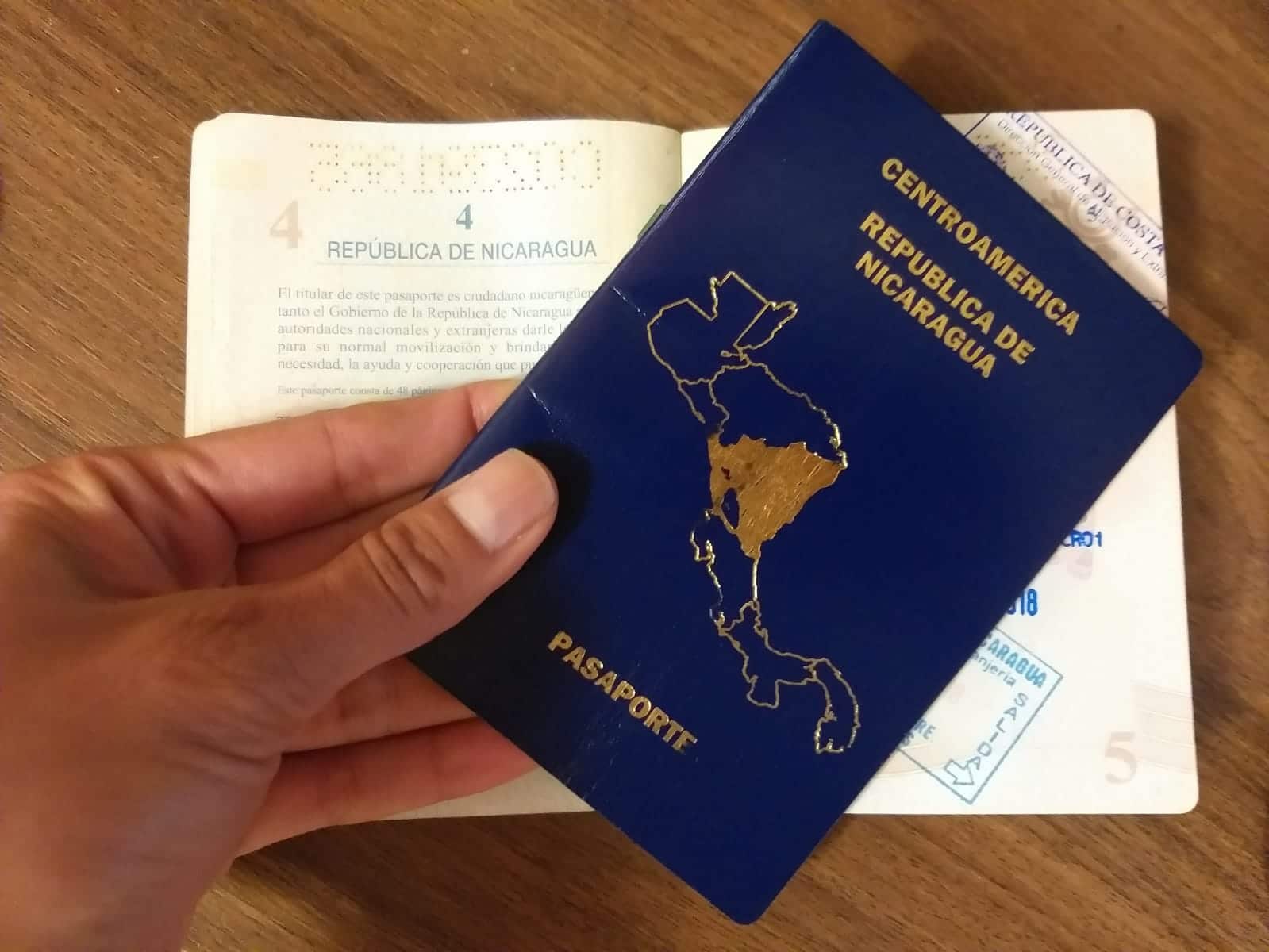19 de julio 2020

Nicaragua: Public Employees Hindered from Traveling to USA

PUBLICIDAD 1M
PUBLICIDAD 4D
PUBLICIDAD 5D
Independent media outlets that produce quality journalism have the potential to help create structural changes in society

During my last years as an undergraduate student of economics and political science in Washington DC, between 2006 and 2008, I faced a dilemma due to great disappointment with my career options. I started to feel that the opportunities highlighted at job fairs—such as investment banking, corporate lobbying and consulting—were very different from the public service calling that my mother instilled in my sisters and me from an early age.
Ever since I can remember she told us time and again that she would be happy to see us dedicate ourselves to serving others. The real problem then was that I started to lose faith in what seemed like the only option up to that moment: the possibility of contributing to structural change in society from the international and multilateral sector through the likes of the United Nations, the World Bank or the Inter American Development Bank. I began to suspect that the development field was little more than an escape valve for unsustainable structural conditions.
This moment thrust me decidedly towards entrepreneurship; more specifically, towards entrepreneurship with a social purpose. Facebook, Twitter and YouTube were founded in that decade. My peers from the business school were beginning to make Samuel Beckett’s “try again, fail again, fail better” into mantras of their own. That is how I realized that I wanted to address the economic, political and social problems that bothered me with that same energy, without asking established institutions or authorities for permission or space.
It was then that professor Faruk Tabak, before passing away unexpectedly during my last semester, started to teach me that the social and contextual worlds that surround us—words, ideas, cultures, laws, disciplines, myths, structures and institutions—are a product of our collective and individual minds. With that, he challenged me to use my mind to help identify and build alternatives for it all, from the way business and politics are perceived and conducted to the way public services are produced and delivered. This vision was later reinforced by professor Roberto Mangabeira Unger when I studied again more than a decade later.
In 2016 I was working with a Dutch NGO on human rights and economic empowerment projects in Central America. In that context I was able to get to know the work of some of the region’s independent media outlets, such as El Faro from El Salvador—Latin America’s first digital newspaper, founded in 1999—and Nómada from Guatemala. With the unconditional support of my team’s director and coordinator, as well as another Dutch civil society ally, we designed and implemented and pilot project with these two outlets and Confidencial from Nicaragua.
We built a team of journalist-managers with experience leading large and successful media outlets in the region, coordinated by INCAE’s Latin American Center for Competitiveness and Sustainable Development in Costa Rica. We diagnosed these media outlets’ business models, studied their markets and presented a series of recommendations to strengthen their sustainability and impact. For me, the key takeaway was that independent media outlets that produce quality journalism and demonstrate a public service purpose are social enterprises by nature and have the potential to help create structural changes in society.
As of that moment, I have felt an inescapable attraction for the mission of independent media outlets and quality journalism with a public service purpose. I did not think twice when the opportunity to work directly with Confidencial and Nómada presented itself at the end of 2017. Once the April Uprising erupted in Nicaragua in 2018, I focused full time on Confidencial exclusively. Since then our outlet has been in constant evolution, adapting in order to continue holding power accountable, documenting the first draft of history and reaching ever more Nicaraguans through our digital platforms.
For more than a year, we have tried constantly to return to open broadcast television because we understand that is how we can reach a critical mass of Nicaraguans. Alas, Ortega Murillo’s censorship continues to asphyxiate our purpose in that critical space. The global pandemic and the Nicaraguan state’s criminally negligent response have aggravated the economic, political and social crisis caused by the regime’s violence. These compounded crises have impacted absolutely every aspect of our outlet, from the organizational to the financial, the technological and security measures.
Except for the edition of our print magazine that would have been published on Sunday December 16, 2018, days after the police raided our newsroom and then confiscated it through the use of force, the regime has never interrupted our work. We learned quickly that our resilience and adaptability are rooted in the solidarity of our audiences, of peer outlets and journalists, of commercial and institutional allies; also, in our team’s unbreakable commitment with our mission and the trust that our sources place in our journalistic work.
That is how we found unusual but safe places to work, how donated computers made their way to us, how we were embraced abroad when it became inevitable for part of our team to leave Nicaragua in order to carry on working, how other independent media outlets lent us a hand by retransmitting our content, how our digital audiences joined our campaign to support independent journalism, and how police officers and other state employees dared to share their stories with us. In time, these and other details will be part of our history.
Now, we endeavor to strengthen our capacity to fulfill our mission sustainably and recognize ourselves as a social enterprise. Our work contributes to freedom of expression, press freedom and access to information, fundamental rights that further catalyze the full exercise of other rights that are in turn inseparable from human flourishing. We understand that in order to contribute to empowering citizens and stimulating public debate it is not enough to produce quality journalism.
We will dare to experiment ever more and ever better with our models in terms of journalism, sustainability, engagement, technology, organization, internal governance, collaboration with other outlets. While we leave so much open to the collective and creative process of construction, destruction and iteration—innovation—we ratify transcendental decisions that define our essence. We are a media outlet that is free and open to the public because we believe that everyone should have access to reliable information and quality analysis. We are a media outlet that will constantly evolve with its community. Launching our Membership Program is a step in that direction. We trust that our audiences will walk with us.
*General Manager at Confidencial.
Archivado como:
PUBLICIDAD 3M
PUBLICIDAD 3D